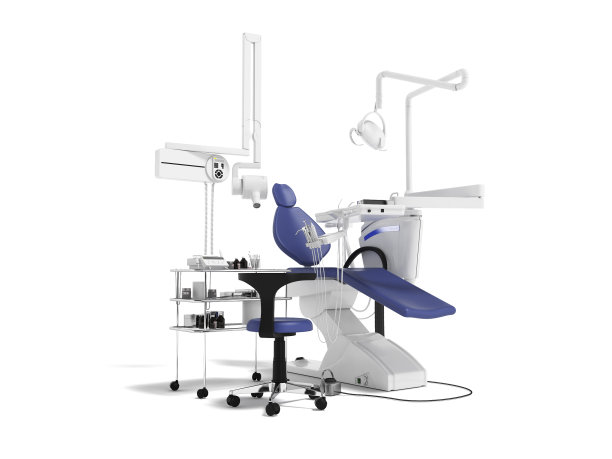Essential Precautions and Considerations for a Successful Dental Implant Procedure to Ensure Optimal Oral Health
Summary: Dental implants are a popular solution for restoring missing teeth, offering a long-lasting and natural-looking alternative to traditional dentures. However, a successful dental implant procedure requires careful planning and consideration. This article explores essential precautions and considerations that ensure optimal oral health during and after the implant process. Key factors such as comprehensive dental evaluations, proper surgical techniques, post-operative care, and ongoing maintenance play crucial roles. By addressing each aspect effectively, patients can achieve vibrant oral health and minimize potential complications. Understanding these elements is vital for anyone considering dental implants.
1. Comprehensive Dental Evaluations Before Surgery

Before embarking on a dental implant journey, thorough dental evaluations are paramount. These assessments typically encompass detailed radiographic examinations and a complete medical history. A dentist can determine the patient’s oral health status, identifying any underlying conditions that may complicate the procedure.
CT scans or 3D imaging technology provide insights into the bone structure, which is critical for determining whether theres sufficient bone to support the implant. If bone density is inadequate, preparatory procedures like bone grafting may be necessary to ensure a solid foundation for the implant.
Furthermore, a stress test may include evaluating existing dental issues, such as gum disease or tooth decay. Addressing these concerns proactively enhances the chances of surgical success and promotes a healthier environment for the restorative implant.
2. Importance of Proper Surgical Techniques
The surgical technique utilized during dental implant placement significantly impacts the outcome of the procedure. Employing advanced techniques such as flapless surgery or guided implant surgery can reduce trauma to the surrounding gum tissue, accelerating healing times.
Moreover, maintaining sterile conditions in the operating area is vital. Any breach in infection control can lead to complications such as peri-implantitis, an inflammatory condition affecting the tissue around the implant. Practicing strict hygiene protocols and using antibacterial solutions are essential measures that should never be overlooked.
Another critical aspect is the positioning of the implant. Adequate angling and depth are necessary to ensure stability and proper alignment with adjacent teeth. Experienced practitioners use precise templates to guide them, facilitating optimal placement that aligns with the patients oral structure.
3. Effective Post-operative Care Practices
Post-operative care is crucial in ensuring the longevity and health of dental implants. Patients must adhere to their dentists recommendations regarding hygiene practices, including gentle cleaning around the implant site and avoiding hard or chewy foods for a designated healing period.
Pain management is another essential consideration. Following the surgery, a dentist usually prescribes medications to alleviate discomfort and prevent infection. Patients should take these medications as directed, as managing post-operative pain can positively affect recovery and overall satisfaction with the implant.
Regular follow-up appointments are equally important. These visits allow dentists to monitor the healing process and check for any potential issues that may arise. Early detection of problems can be pivotal in addressing them before they escalate, ensuring that the implant integrates seamlessly with the surrounding bone and tissue.
4. Ongoing Maintenance and Care for Implants
Even after successful placement and recovery, ongoing maintenance is essential for preserving implant health. Daily oral hygiene practices should be adapted to accommodate the presence of the implant, including the use of specific brushes or floss designed for implant care.
Additionally, routine dental check-ups are vital for assessing the condition of the implant and surrounding tissue. These visits allow dental professionals to perform cleanings, monitor the integration of the implant, and address any arising concerns.
Education about lifestyle habits also plays a role. Patients should be advised on avoiding tobacco products and maintaining a balanced diet, as both can adversely affect oral health. A commitment to lifelong maintenance fosters sustained optimal health around dental implants.
Summary:
In conclusion, ensuring the success of a dental implant procedure involves several critical factors, including thorough pre-operative evaluations, meticulous surgical techniques, vigilant post-operative care, and ongoing maintenance practices. Each step contributes to the overall health of the implant and the patients oral architecture. Understanding and adhering to these considerations can significantly increase the likelihood of successful long-term outcomes.
This article is compiled by Vickong Dental and the content is for reference only.



